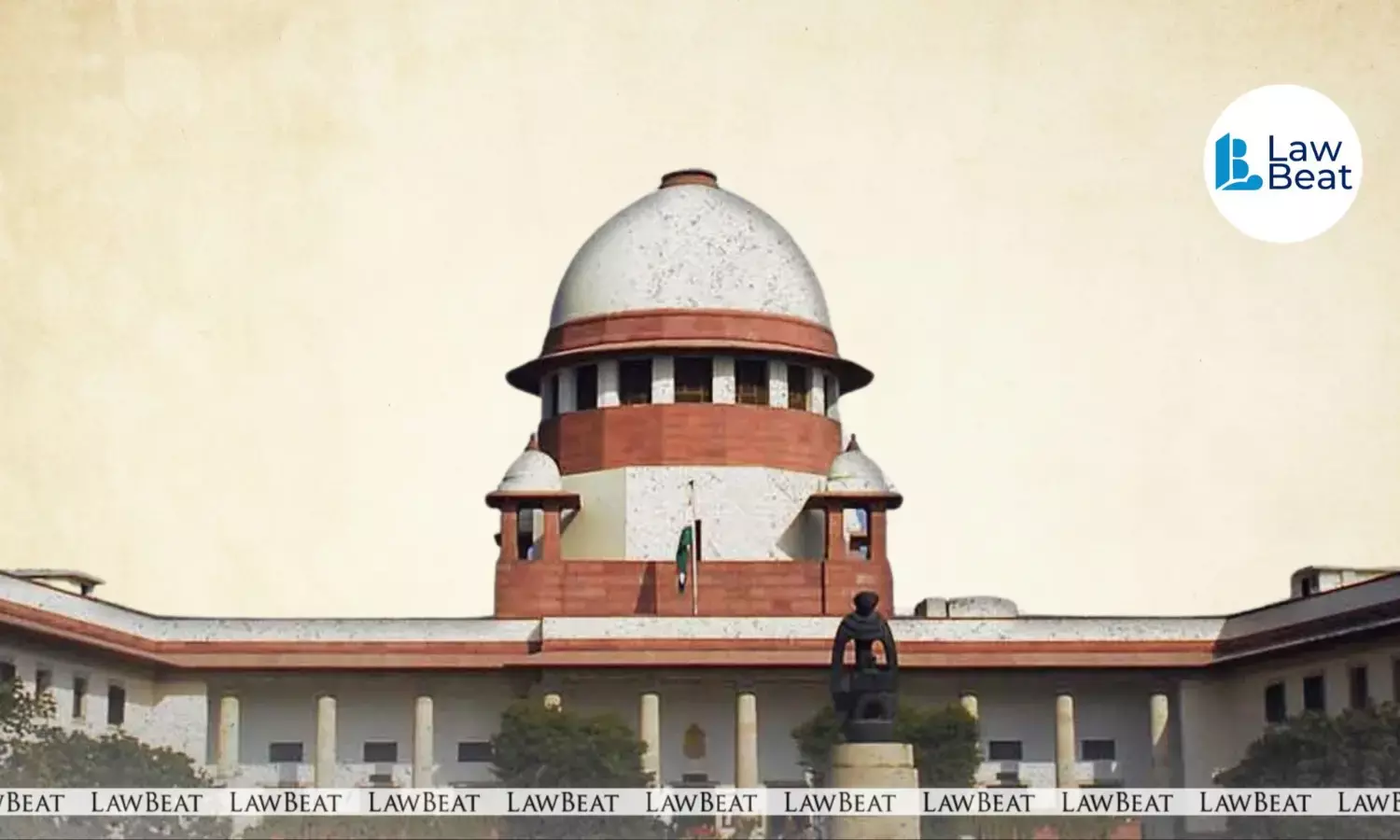Supreme Court Relief for Exporters: Procedural Errors Cannot Deny Benefits Under Foreign Trade Policy

Supreme Court considers issues of medically discharged cadets
In a positive step towards India’s export community, the Supreme Court has held that inadvertent procedural lapses, when corrected under law, cannot deprive genuine exporters of benefits promised under the Foreign Trade Policy (FTP).
A bench of Justices Aravind Kumar and N.V. Anjaria ruled that beneficial schemes like the Merchandise Exports from India Scheme (MEIS) are designed to encourage exports, and procedural mistakes, once rectified, must not defeat substantive entitlements.
The Case
The judgment came in an appeal filed by M/s Shah Nanji Nagsi Exports Pvt. Ltd., a Nagpur-based company engaged in the export of corn starch. The firm had approached the Supreme Court after the Bombay High Court dismissed its writ petition in 2021.
Between July and October 2017, the company filed 54 shipping bills electronically through the ICEGATE platform. These shipping bills covered goods eligible for MEIS benefits under Serial No. 467 of Appendix 3B of the FTP 2015–20.
However, its customs broker failed to change the default “No” entry to “Yes” in the column that required a declaration of intent to claim export rewards. This mistake prevented the shipping bills from being transmitted to the Directorate General of Foreign Trade (DGFT), leading to rejection of the company’s claim.
Corrective Action Taken
Upon discovering the error, the exporter applied for corrections under Section 149 of the Customs Act, 1962. On June 8, 2018, the Deputy Commissioner of Customs allowed amendments in all 54 shipping bills, substituting “No” with “Yes.”
Despite this correction, the DGFT declined to process the claim, citing “system constraints” that did not permit manual intervention. The exporter then approached the Policy Relaxation Committee (PRC), but its claim was rejected by a brief email on March 15, 2019. The rejection gave no reasons and did not grant the company an opportunity for a hearing.
Challenging the rejection, the appellant argued that:
• Once shipping bills had been amended under Section 149, benefits under MEIS could not be denied.
• The PRC’s order was arbitrary and violated principles of natural justice.
• Precedents such as Portescap India Pvt. Ltd. v. Union of India had recognized that inadvertent errors like wrongly marking “No” instead of “Yes” were curable lapses that could not extinguish substantive rights.
The Union government opposed the plea, contending that:
• The FTP and Handbook of Procedures mandated a declaration of intent at the time of export.
• DGFT systems could not process claims unless the original shipping bill contained “Yes.”
• MEIS benefits were policy incentives that required strict compliance with procedural conditions.
Supreme Court’s Findings
The Supreme Court rejected the government’s stance, holding that:
• Once procedural lapses are rectified under law, they cannot override substantive entitlements.
• Export promotion schemes like MEIS are beneficial provisions intended to incentivise trade, not to penalise genuine exporters for curable errors.
• Systemic rigidity or technological constraints must not frustrate statutory rights.
The bench drew support from Portescap India Pvt. Ltd., Technocraft Industries (India) Ltd. v. Union of India, and Larsen and Toubro Ltd. v. Union of India, which had adopted a liberal interpretation in favour of exporters.
Orders Passed
Finding the PRC’s rejection order devoid of reasons and in breach of natural justice, the Court:
• Quashed the PRC’s decision rejecting the claim.
• Directed authorities to process the appellant’s claim for MEIS benefits based on the amended shipping bills within 12 weeks.
• Stopped short of imposing costs, but stressed that exporters should not be driven into litigation for rectifiable mistakes.
The Court also issued a strong call for systemic reforms, instructing the Union government, DGFT, and CBIC to:
• Issue clear instructions, or
• Make necessary technological adjustments to ensure exporters are not unfairly denied benefits due to procedural errors.
Case Title: M/s Shah Nanji Nagsi Exports Pvt. Ltd. v. Union of India & Ors.
Bench: Justices Aravind Kumar and N.V. Anjaria
Date of Judgment: August 19, 2025
